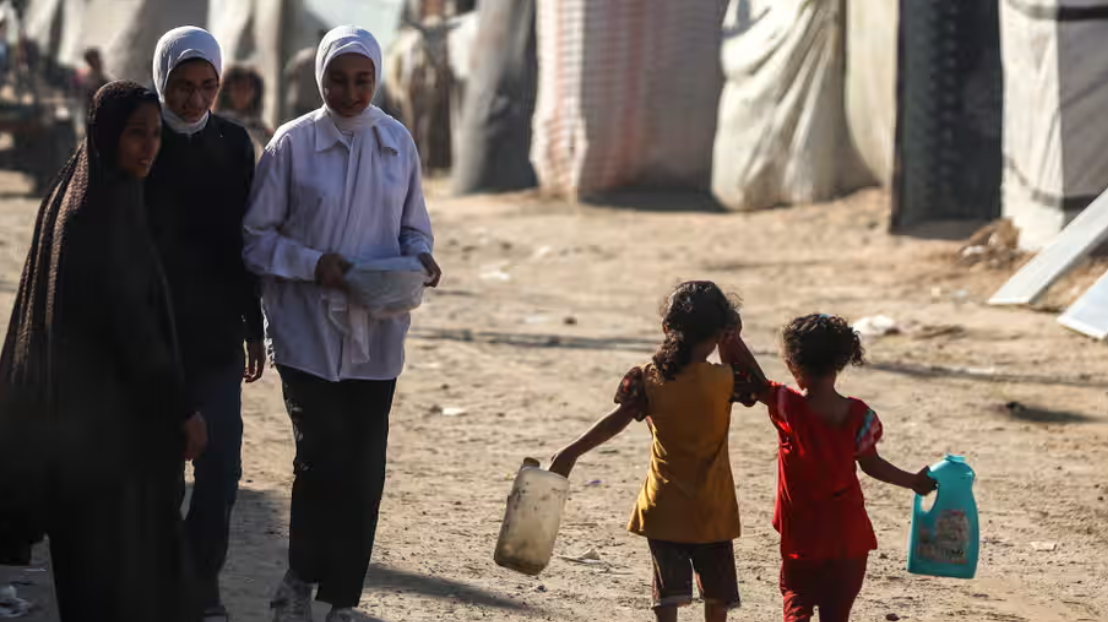The United Nations High Commissioner for Refugees (UNHCR) said that the global displacement problem reached alarming levels last year, which is similar to the population size of London. In 2023, the number of forcibly displaced individuals reached a record 117 million, according to the UNHCR’s annual report. This staggering figure is mainly caused by the continuous hostilities in countries like Sudan and Ukraine.
Nearly as many people were displaced from their homes in 2023 due to extensive violence as they live in the UK capital, at 8.8 million. This continued an alarming pattern of yearly growth during the previous twelve years, setting a new record. Forcibly displaced people now make up 1.5% of the world’s population, which is nearly twice as many as a decade before.
Information gathered by the UNHCR includes those in need of international protection, such as refugees, asylum seekers, and internally displaced people. Estimates made in early 2024 put the overall number of displaced people around 120 million—more than twice Italy’s population.
The United Nations High Commissioner for Refugees, Filippo Grandi, underlined the human cost of these numbers and called on the global community to tackle the causes of forced displacement. These shocking figures reflect incalculable human suffering. He emphasized that the whole community must take immediate action in response to this suffering.
Chad and Sudan, two of the poorest countries in the world, are home to a large number of displaced people. The United States, on the other hand, received 1.2 million asylum petitions, making it the top receiver. The subject has sparked political discussion and had an impact on the most recent European elections; Germany came in second with 329,000 applications.
Despite only accounting for 30% of the world’s population, children endure the brunt of displacement, comprising 40% of the displaced population. With a 7% increase, the number of refugees around the world will reach 43.4 million in 2023. Two major conflicts contributed to this surge: one in Gaza, which displaced 6 million Palestinians, and another in Sudan, where 10.8 million people were forcefully displaced by year’s end, with thousands more being added every day.
Forced displacement is on the rise, highlighting the critical need for international cooperation to alleviate the crises that are causing so much human misery. To lessen the impact of this worsening humanitarian catastrophe, it is essential to take effective action to end the current wars and aid those impacted.



















